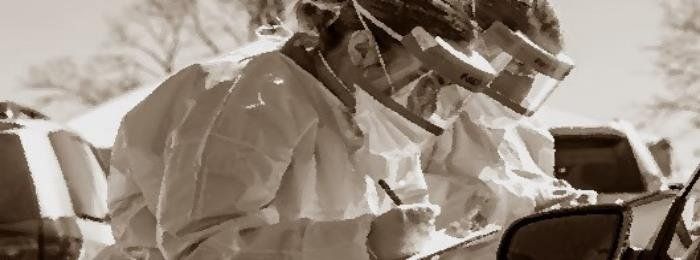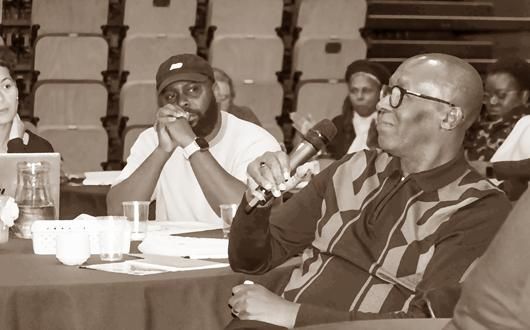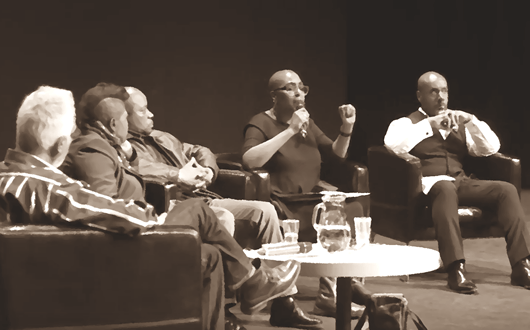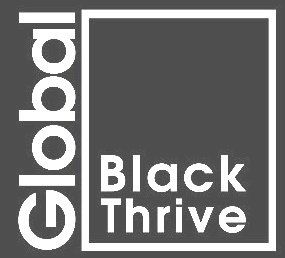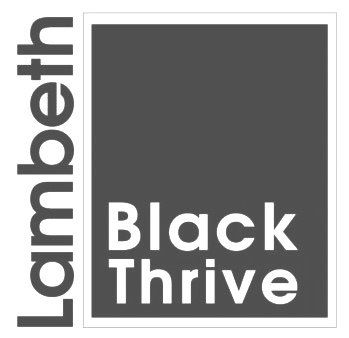The nursing faith groups tackling health inequalities
source :
Nursing Times
published : 31 March 2024
Religion has played an integral role in nursing’s history, with many early services across the UK rooted in religious or spiritual principles. It was not until the 19th century that secular nursing properly developed, with the establishment of Florence Nightingale’s first nursing school in 1860.
Since then, however, the relationship between religion and nursing has cooled, with the two moving further apart. But change is seemingly afoot. Currently, faith-based nursing practice is far more prevalent in the United States.
There, it is a recognised specialty operating in community settings, which places emphasis on the importance of addressing the spiritual needs of patients.
This phenomenon has slowly been adopted by nurses in the UK in recent years. Most prominently, it is found in charitable or volunteer-led grassroots organisations, set up by nurses who are committed to putting spiritual care back onto the nursing agenda.
For context, the latest Nursing and Midwifery Council (NMC) data shows that over 452,641 registered nursing professionals across the UK identify as Christian, 17,389 as Muslim, 13,422 as Hindu, 2,385 as Sikh, 3,983 as Buddhist and 946 as Jewish.
Some 248,000 registered professionals said they had no religion, meaning over half of professionals on the NMC register identify with some level of faith.
The latest census also revealed that over half of the population in England and Wales still identify with a religion.

